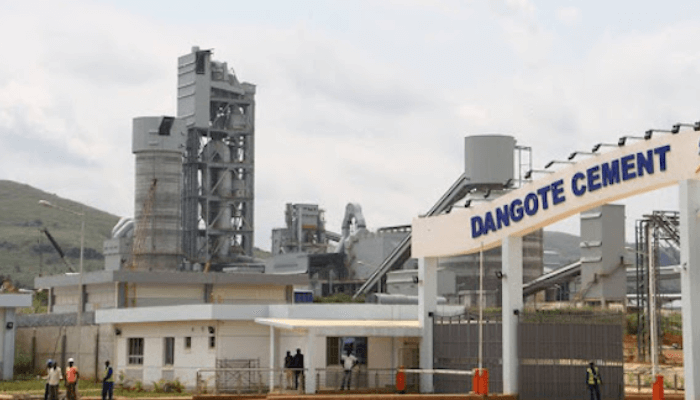“Between January and July 2023, Dangote Cement consumed over 34,800 metric tonnes of alternative fuel materials for its operations.”
The alternative fuels includes tyre chips, waste oils, and agricultural waste such as palm kernel shells and rice husks.
This was disclosed by the Head of Sustainability, Dangote Cement Plc, Obajana Plant, Dr. Eseosa Ighile.
” Dangote plants are set to cut dependence on fossil fuels by 25 per cent by 2025. So far, the plants had initiated several innovative strategies to cut emissions of Green House Gas, and part of its commitment to Sustainable Development Goals 12 is to adopt alternative fuels,” she said .
In a statement, she said, “The AF project aims to achieve a thermal substitution rate of 25 per cent in all plants by 2025. We are working towards installing AF feeding systems in all our operation lines by 2024.
“The resources utilised for fuels currently at the DCP Obajana .
We are also undergoing technical studies on the use of refuse-derived fuels as a fuel source.
She noted that presently, the company’s climate action activities included monitoring water, waste, and GHG emissions, creating a decarbonisation working group, and following the guidelines of both local and international organisations.
The Company’s Group Chief Branding and Communication Officer, Mr. Anthony Chiejina, added the Dangote Group has invested much in modern equipment such as analyzers, opacimeters, and other continuous emissions monitoring systems used to measure greenhouse gas emissions in real time.
He said that this is to mitigate gaseous emissions from our production process, our new plants are designed to be resource and energy efficient.
Mr. Chiejina pointed out that the company’s climate goals extend beyond just reduction of emissions but also to protecting and regenerating the environment, through land reclamation and tree planting.
Plant Director, DCP Obajana J.V Gungune, also noted that the company has put in place state-of-the-art facilities to mitigate climate change concerns.
“We need the environment more than it needs us. Hence the need to sustain the environment,” he said.











